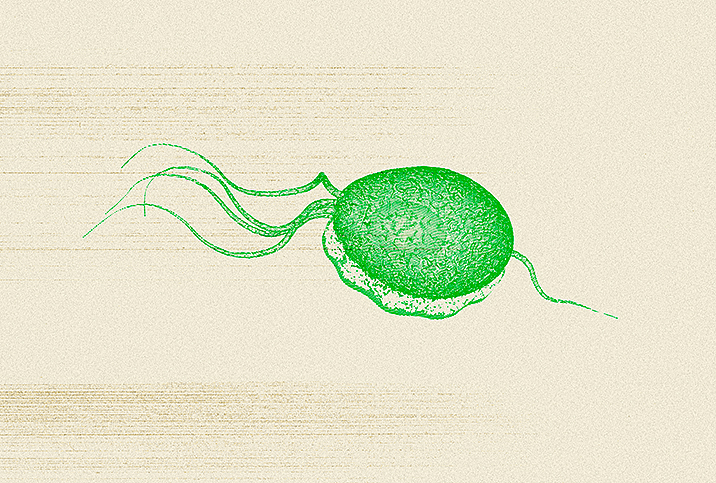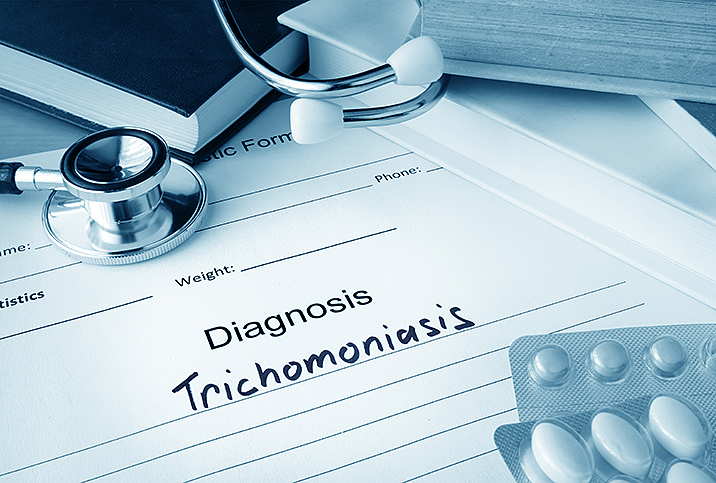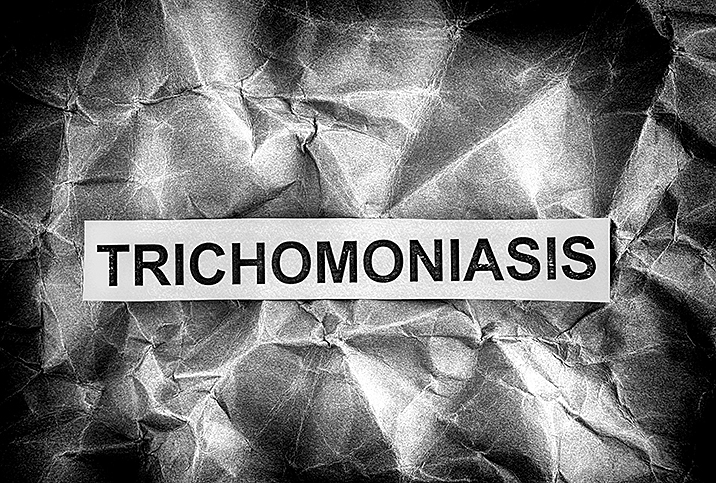What Is Trichomoniasis?

Trichomoniasis (aka "trich") is a common but curable sexually transmitted infection caused by a parasite. Unfortunately, many people don't realize they're infected and unknowingly pass the parasite to someone else. If you're sexually active, here's what you should know about the risks and treatment options for trich.
Causes and symptoms of trich
Unlike other STIs caused by a virus or bacteria, trich comes from a parasite called Trichomonas vaginalis. Trich is spread via sexual contact with an infected person. For both men and women, trich most commonly infects the urethra (the tube used for urination).
If you do present symptoms from trich (which occurs in only about 30 percent of cases), you'll probably notice them within 5 to 28 days of contracting the disease. Typical symptoms may include:
- Discharge from the penis or vagina that has an odor
- Irritation and itchiness of the genitals
- Pain while urinating
Just because you don't experience unpleasant effects in the short term doesn't mean you should let trich go untreated. More severe, long-term consequences can result. For instance, the genital inflammation from trich makes it easier to spread and contract HIV. And if left untreated, trich can increase the risk of cervical and prostate cancer.
How does trich affect fertility and pregnancy?
Trich can also make it more difficult to become pregnant. If you have trich while pregnant, the likelihood of giving birth to a premature or low-birth-weight infant increases. Ideally, you should aim to get tested for STDs before you conceive (or at least as soon into your pregnancy as possible), so you'll have the opportunity to take care of any underlying infections that can lead to negative birth outcomes.
Trich is treatable, so there's no reason to risk adverse effects on you or your baby. Talk to your OB-GYN right away if you think you may have contracted an STD at any stage of preconception or pregnancy.
How is trich spread and diagnosed?
Trich doesn't go away by itself, although it may go unnoticed for years. Asymptomatic carriers can pass the disease to others, making it difficult to avoid.
Trich is most often passed along through vaginal sex, but it may be possible to contract trich through oral and anal sex. Sex toys can also spread the disease. While condoms help lower your risk, they don't eliminate the risk entirely. If you think there's a possibility you were exposed to trich, get tested at your healthcare provider's office or a clinic right away. Testing for trich involves a physical and pelvic exam where your provider will examine a swab of vaginal discharge under a microscope for signs of the parasite.
Be sure to inform any recent sexual partners if you have a positive result. It's possible to spread trich back and forth if one partner receives treatment while the other still has the infection. To avoid the risk of reinfection, ensure everyone you have sex with has completed the total duration of treatment.
What is the standard treatment for trich?
About 95 percent of women with trich get rid of the infection after one round of antibiotics lasting five to seven days. Antibiotic treatment for trich is also safe during pregnancy, but make your provider aware you're pregnant so they can be sure to prescribe the most appropriate medication.
Be sure to follow your healthcare provider's instructions on when it's safe to have sex again. You may need to wait a week or so after completing the medication before trich is no longer in your body. After three months, you'll be scheduled for a follow-up visit to confirm the infection is gone and hasn't returned.
Taking time to discuss STD testing and sexual history with your partner before having sex will help you decide on proper precautions and let you make an informed decision before putting your long-term health, fertility and future offspring in jeopardy.

















